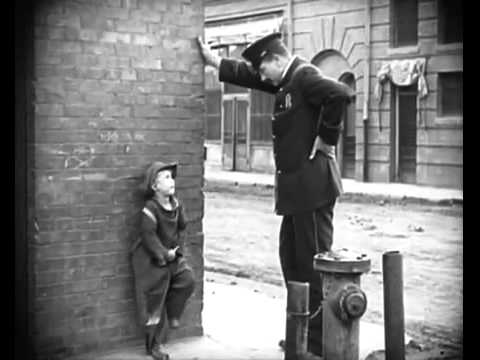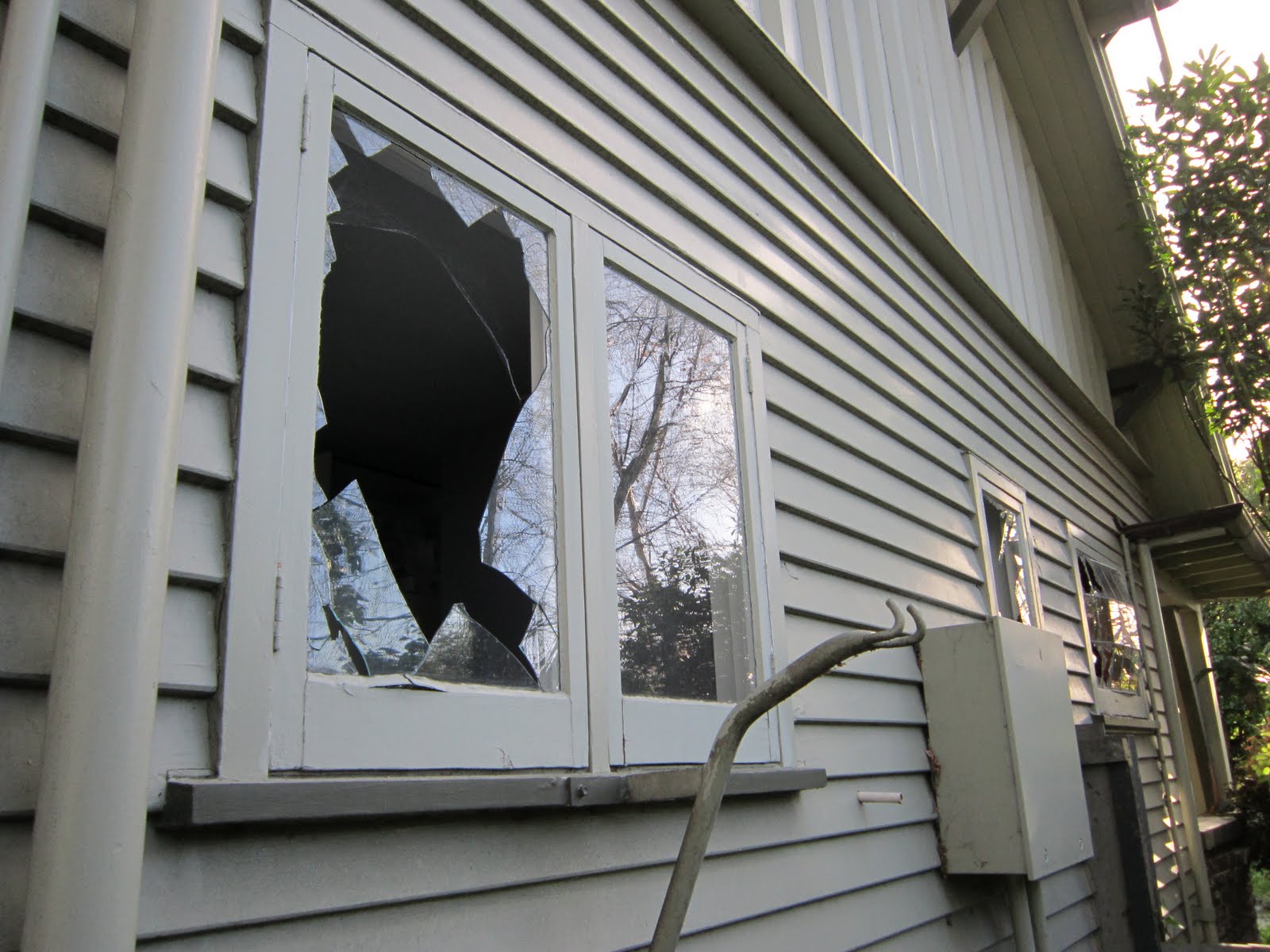Passives
Educall Language Academy
In certain cases, we need the passive voice. We use it when :
1. We don’t know who did the action (the doer / subject is unknown).
2. The action itself is more important than the doer.
3. We know the doer, but don’t want to directly mention it/them (Because otherwise they may be held accountable for something unpleasant - Think of an accident report).
We cannot use all verbs in the passive. Verbs that can have an object (Transitive Verbs) can be used in the passive, but verbs that do not take an object (Intransitive Verbs) cannot be made passive. Sometimes the same verb can be transitive and intransitive, depending on its meaning and/or function :
- Birds fly. (The verb “ fly “ is intransitive here, it doesn’t have an object - no passive)

Active: The captain flew the plane masterfully.
Here the same verb “ fly “ is transitive; the object is “ the plane “, so a passive sentence is possible :

Passive: The plane was flown masterfully.
- We all die one day. (“ die “ is intransitive - no passive)
Active: Good people do not kill animals.
“ kill “ is transitive; the object is “animals “ - passive sentence possible :
Passive: Animals are not killed by good people.
The object of the active sentence becomes the subject of the passive sentence.
It is optional to mention the agent / doer (A - Active ; P - Passive) :


(A) The naughty boy broke the window. (P) The window was broken (by the naughty boy) / The window is broken.
FORMULA : In passive sentences, we use the verb “ be “ as an auxiliary and it adjusts to the tense. In progressive tenses, we also add “ being “, and in perfect tenses “ been “ is added. The main verb is always in the past participle form (Verb 3). Negative passive sentences are marked as (P-) :
PASSIVE STRUCTURES ACCORDING TO THE TENSES
PRESENT SIMPLE:
(A) They make beautiful cakes in that bakery. (P) Beautiful cakes are made in that bakery. (P-) Beautiful cakes are not made.
(A) People grow tea in Rize. (P) Tea is grown in Rize. (P-) Tea is not grown.
PRESENT PERFECT:
(A) We have seen him. (P) He has been seen. (P-) He has not been seen.
(A) I have spoken to them. (P) They have been spoken to. (P-) They have not been spoken to.
PRESENT CONTINUOUS:
(A) We are studying the proposal. (P) The proposal is being studied. (P-) The proposal is not being studied.
(A) They are cutting down trees. (P) Trees are being cut down. (P-) Trees are not being cut down.
PRESENT PERFECT CONTINUOUS:
(A) They have been building a new bridge. (P) A new bridge has been being built. (P-) A new bridge has not been being built.
(A) I have been writing many letters. (P) Many letters have been being written. (P-) Many letters have not been being written.
PAST SIMPLE:
(A) The convict murdered eleven people. (P) Eleven people were murdered by the convict. (P-) Eleven people were not murdered.
(A) She hit me in the face. (P) I was hit in the face. (P-) I was not hit in the face.
PAST CONTINUOUS:
(A) He was driving a truck. (P) A truck was being driven. (P-) A truck was not being driven.
(A) She was frying french fries. (P) French fries were being fried. (P-) French fries were not being fried.
PAST PERFECT:
(A) They had fixed the car(s) before the race. (P) The car(s) had been fixed before the race. (P-) The car(s) had not been fixed.
PAST PERFECT CONTINUOUS:
(A) He had been washing clothes for hours. (P) Clothes had been being washed for hours. (P-) Clothes had not been being washed.
SIMPLE FUTURE:
(A) We will help them/him. (P) They/He will be helped. (P-) They will not be helped.
BE GOING TO:
(A) We are going to defeat them. (P) They are going to be defeated. (P-) They are not going to be defeated.
FUTURE CONTINUOUS:
(A) They will be salvaging the stranded ship. (P) The stranded ship will be being salvaged. (P-) The ship will not be being salvaged.
(A) She is going to be painting a portrait. (P) A portrait is going to be being painted. (P-) A portrait is not going to be being painted.
FUTURE PERFECT:
(A) I will have done my homework. (P) My homework will have been done. (P-) My homework will not have been done.
FUTURE PERFECT CONTINUOUS:
(A) They will have been solving problems. (P) Problems will have been being solved. (P-) Problems will not have been being solved.
PASSIVE MODALS
FORMULA: After modals use the verb “ be “ as an auxiliary and again use the main verb in the past participle (Verb 3) form. Add not to the modal to negate the sentence.
(A) You must / should / have to / may / might / could, etc. ask questions.
(P) Questions must / should / have to / may / could, etc. be asked.
(P-) Questions must / should / may / might / could, etc. not be asked.
(P-) Questions do not have / need to be asked.
(A) You don’t have / need to do this exercise.
(P-) This exercise doesn’t have / need to be done.
Need / Want + Ving also have a passive meaning, especially in British English:
- This car needs cleaning (= This car needs to be cleaned).
- The walls want painting (= The walls need / want to be painted).
Also note that certain things are expressed in the active or passive idiomatically:
I was born in Istanbul / They were born in 1983, etc. (This structure is passive in English, whereas its equivalent in Turkish is active.)
When there are two objects (direct / indirect objects), there are two possible passive sentences :
(A) They gave me a prize. (“me“ is the indirect object; “a prize” is the direct object.)
(P1) A prize was given to me. (P2) I was given a prize.
Although they are both fine, the second one is more natural and more commonly used (the indirect object being the subject of the passive sentence).
We sometimes form the passive with the verb “ get “; but this is informal and used only to express action and change, not a state. We don’t use “ get “ for a major, planned action:
- Most employees get paid monthly (= They are paid).
- If you don’t lock your bike, it might get stolen (= it might be stolen).
BUT : The original Wembley Stadium was built in 1923. got built
There are also many idiomatic expressions with “ get “ that have a passive meaning :
- There wasn’t enough time to get washed. (wash oneself)
- They got married in 2002.
- OK folks, we’ve got work to do. Let’s get started!
get (un)dressed, get shaved, get changed, get divorced, get lost, etc. are such expressions.